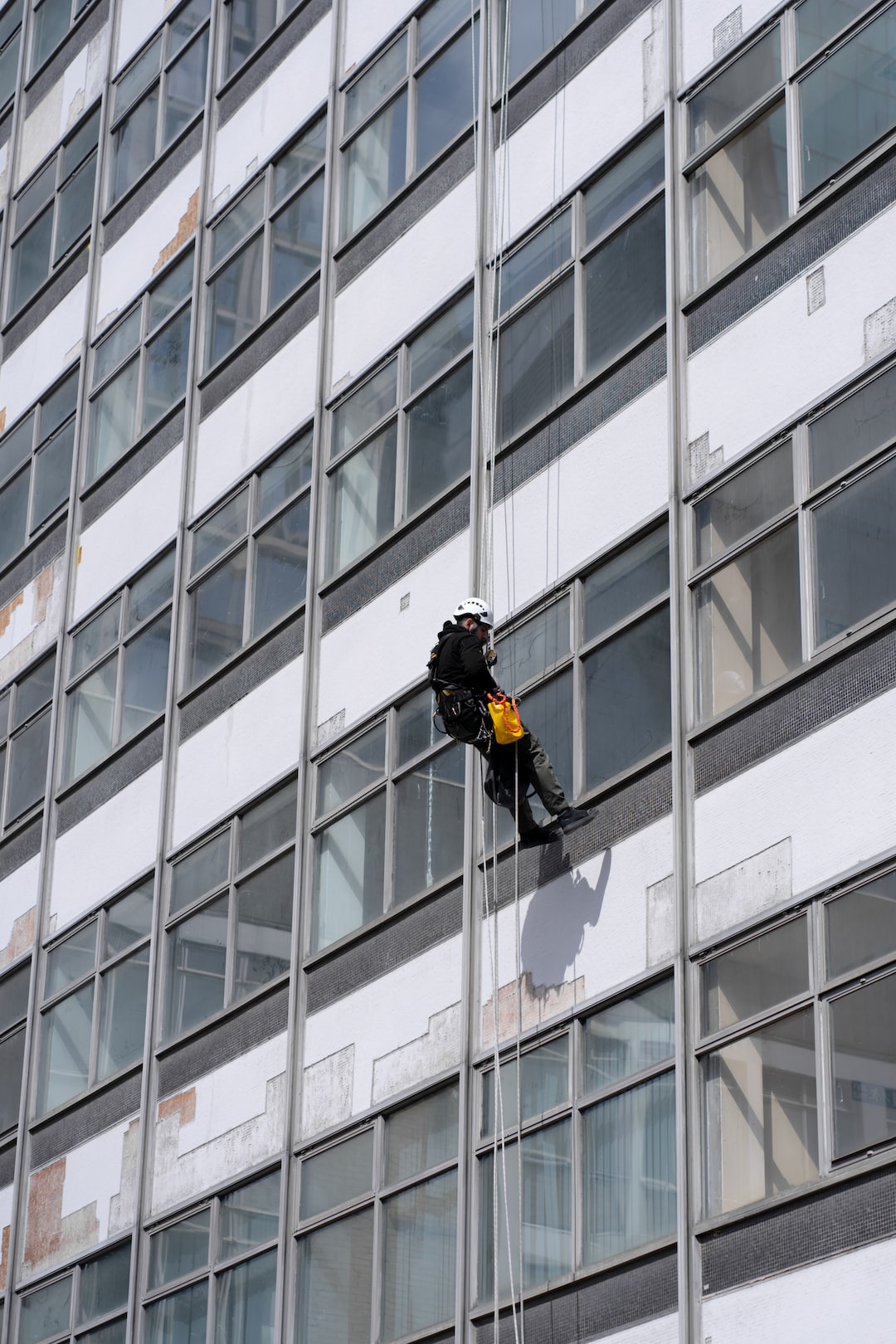The Future of Work: How Automation and AI are Changing the Job Market
In recent years, advances in technology have brought about dramatic changes in the way we live, communicate, and work. Automation and artificial intelligence (AI) have become major buzzwords, sparking debates about their impact on the job market. The future of work looks promising yet uncertain, as automation and AI continue to transform industries and shape the way we think about employment.
Automation and AI are revolutionizing the job market by streamlining processes, increasing efficiency, and eliminating repetitive tasks. Machines are taking over manual labor in factories, warehouses, and construction sites, allowing workers to focus on more complex and creative tasks. Autonomous vehicles are reshaping the transportation industry, reducing the need for drivers and opening up new possibilities for logistics. These advancements have undoubtedly transformed the job market, but what does the future hold?
One of the main concerns is the fear of job displacement. Many fear that automation and AI will replace a large number of jobs, leaving masses of workers unemployed. However, history has shown that new technologies often create new job opportunities and industries. As automation takes over repetitive, mundane tasks, workers are freed up to focus on higher-level jobs that require critical thinking, problem-solving, and creativity. The demand for skilled workers in fields such as data analysis, software development, and AI research is expected to grow exponentially.
Another concern is the potential for inequality in the job market. While some jobs may be completely replaced by automation, others will still require a human touch. These jobs often require higher levels of education and specialized skills, creating a divide between those who adapt and learn new skills and those who don’t. It is crucial for governments, educational institutions, and businesses to invest in reskilling and upskilling programs, ensuring that individuals have the opportunity to acquire the necessary skills to thrive in an automated world.
Despite the potential challenges, automation and AI offer numerous benefits to society. By taking over monotonous and dangerous tasks, machines help reduce workplace accidents and injuries. They can also potentially increase productivity and efficiency, allowing for higher output and faster delivery of goods and services. Meanwhile, AI-powered technologies are revolutionizing healthcare, diagnosing diseases more accurately and contributing to the development of personalized treatments.
The integration of automation and AI into the workforce also opens up new possibilities for remote work and flexible schedules. With the ability to work from anywhere, employees can achieve a better work-life balance, reducing stress and improving overall well-being. This will likely lead to a shift in the traditional 9-to-5 work model and encourage companies to provide more flexibility to retain top talent.
The future of work is undoubtedly being reshaped by automation and AI. While some jobs may disappear, new opportunities will emerge, and the job market will adapt to the changing landscape. It is crucial for individuals to embrace lifelong learning and continuously acquire new skills to stay relevant in the job market. Governments need to invest in education and retraining programs to ensure that no one gets left behind.
Ultimately, the future of work is not about humans being replaced by machines, but rather collaboration between humans and technology. Automation and AI have the potential to augment human capabilities, allowing us to do more with the resources at hand. Technology should be seen as a tool rather than a threat, and by wisely harnessing its power, we can create a future where work is more fulfilling, workers are empowered, and society as a whole benefits from the advancements we make.

